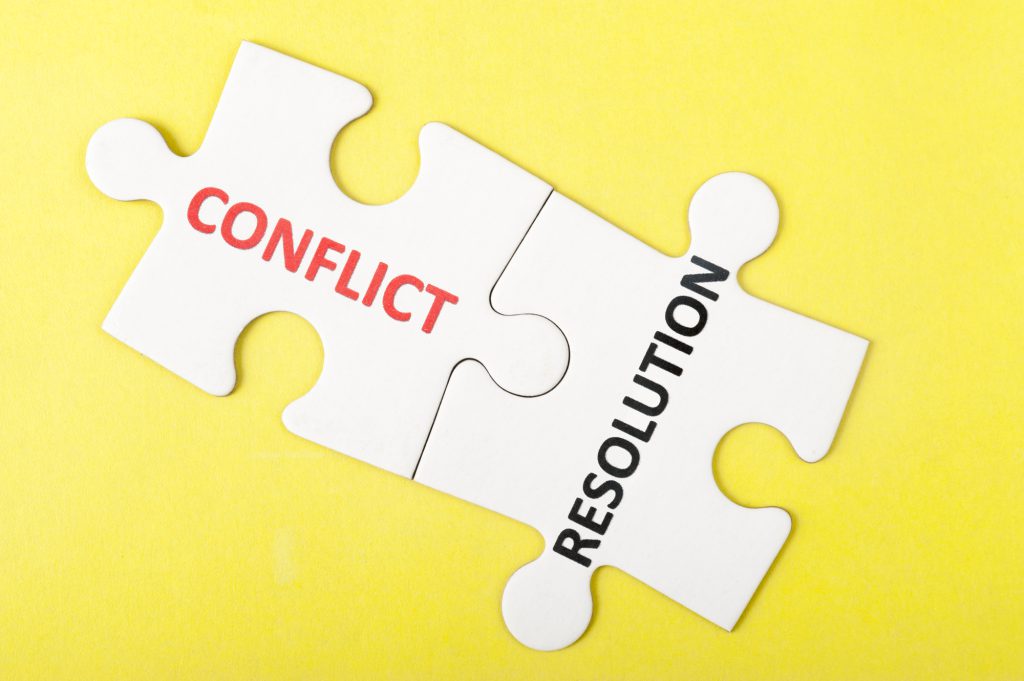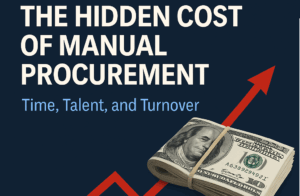Explore the importance of effective conflict resolution in the supply chain, the common causes of conflicts, and strategies for turning disagreements into collaborative solutions!
Supply chains are complex ecosystems involving various stakeholders, departments, and partners working together to deliver products and services to customers. With so many moving parts, conflicts and disagreements are bound to arise. However, the way these conflicts are managed can significantly impact the efficiency and effectiveness of the entire supply chain. In this article, we will explore the importance of effective conflict resolution in the supply chain, the common causes of conflicts, and strategies for turning disagreements into collaborative solutions.
The Significance of Effective Conflict Resolution
Effective conflict resolution is crucial in the supply chain for several reasons:
- Improved Collaboration: Conflict resolution fosters open communication and encourages collaboration among team members. When conflicts are addressed constructively, it leads to better teamwork and problem-solving.
- Reduced Downtime: Conflicts can cause delays and disruptions in the supply chain, affecting production and delivery schedules. Swift resolution minimizes downtime and keeps the supply chain running smoothly.
- Enhanced Innovation: Differing opinions and perspectives can lead to innovative solutions. When conflicts are resolved positively, it opens up opportunities for creative problem-solving.
- Stronger Relationships: Addressing conflicts in a respectful and constructive manner strengthens relationships among supply chain partners and improves long-term collaboration.
Common Causes of Conflicts in the Supply Chain
- Communication Breakdowns: Miscommunication or lack of clear communication can lead to misunderstandings and conflicts among team members.
- Competing Objectives: Different departments or stakeholders may have conflicting objectives and priorities, leading to disagreements over resource allocation and decision-making.
- Power Struggles: Conflicts can arise when there are imbalances of power or competing interests among supply chain partners.
- Unclear Roles and Responsibilities: When roles and responsibilities are not well-defined, it can lead to confusion and disagreements over tasks and accountabilities.
Strategies for Effective Conflict Resolution
- Active Listening: Encourage all parties involved in the conflict to actively listen to each other’s perspectives without interrupting. Listening with empathy promotes understanding and helps identify the root causes of the conflict.
- Open Communication: Create a safe space for open and honest communication. Encourage team members to express their concerns and ideas without fear of judgment.
- Mediation and Facilitation: In more complex conflicts, consider involving a neutral mediator or facilitator to guide the resolution process. Their impartiality can help bridge the gap between conflicting parties.
- Seek Common Ground: Identify areas of agreement and shared goals among the parties involved. Focus on finding common ground as a starting point for resolving the conflict collaboratively.
- Brainstorm Solutions: Facilitate a brainstorming session to generate potential solutions to the conflict. Encourage creativity and be open to new ideas.
- Collaborative Decision-Making: Involve all relevant stakeholders in the decision-making process. Collaborative decision-making ensures that everyone’s input is considered, fostering a sense of ownership over the solution.
- Win-Win Solutions: Strive for win-win outcomes where all parties involved feel that their needs and interests are met. Avoid zero-sum thinking that pits one party’s gain against another’s loss.
- Set Clear Agreements: Once a resolution is reached, document the agreed-upon solution and ensure that all parties understand their roles and responsibilities moving forward.
- Learn from the Conflict: Use conflicts as opportunities for learning and improvement. Analyze the root causes of the conflict and implement preventive measures to avoid similar issues in the future.
Effective conflict resolution is a vital skill for supply chain leaders and team members alike. When conflicts are managed constructively, they can lead to greater collaboration, innovation, and stronger relationships within the supply chain. By fostering open communication, seeking common ground, and encouraging collaborative decision-making, supply chain leaders can turn disagreements into opportunities for growth and improvement. As the supply chain landscape continues to evolve, the ability to resolve conflicts effectively will be an essential element in building resilient and successful supply chain operations. Embracing conflict as a catalyst for positive change and collaboration can elevate the overall performance of the supply chain, creating a more agile and customer-centric organization.
The Perfect Planner Team is here if you have any questions about Conflict Resolution with Supply Chain Teams, and we offer a free consultation service. If you would like to connect with us on this article or any other topic, please message us on LinkedIn, shoot us an email at info@perfectplanner.io, visit our website at www.perfectplanner.io, or give us a call at 423.458.2979.
Author: Thomas Beil
Publication Date: March 13, 2024
© Copyright 2024 Perfect Planner LLC. All rights reserved.






